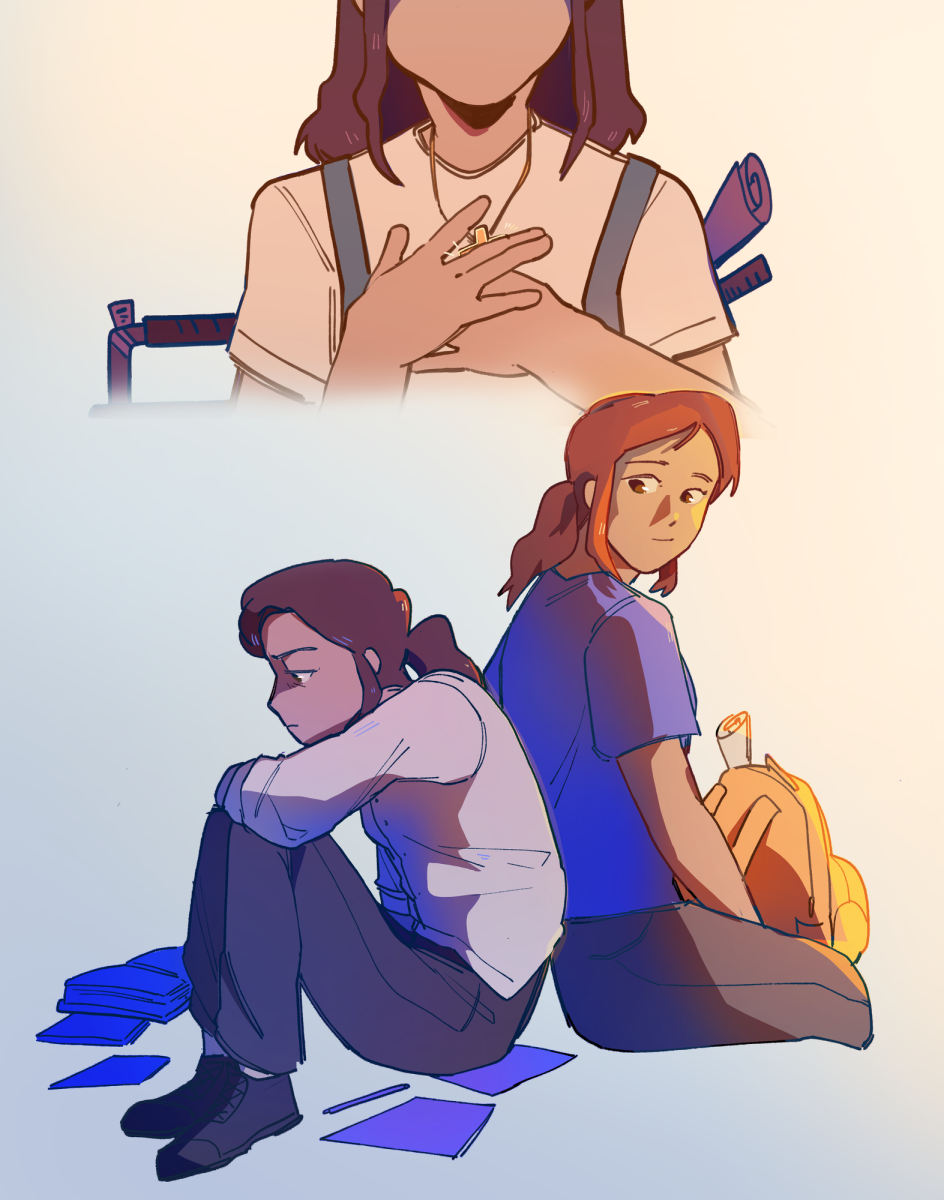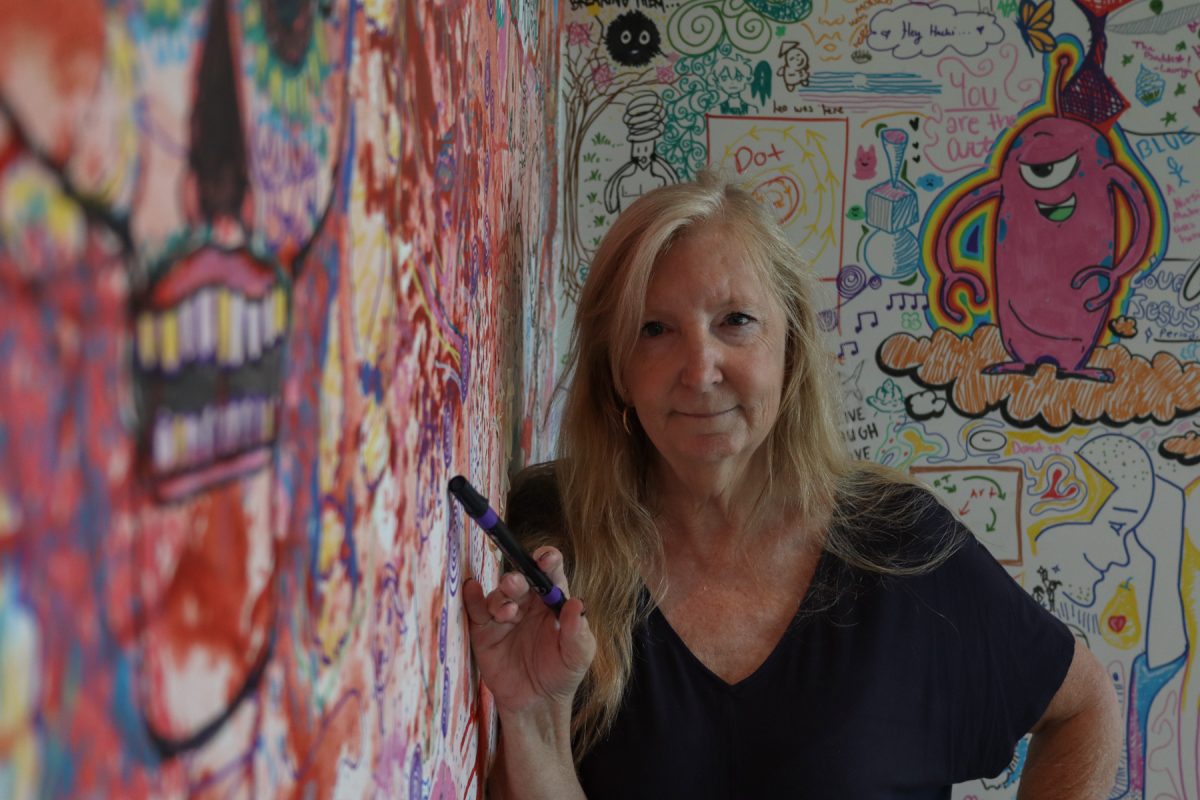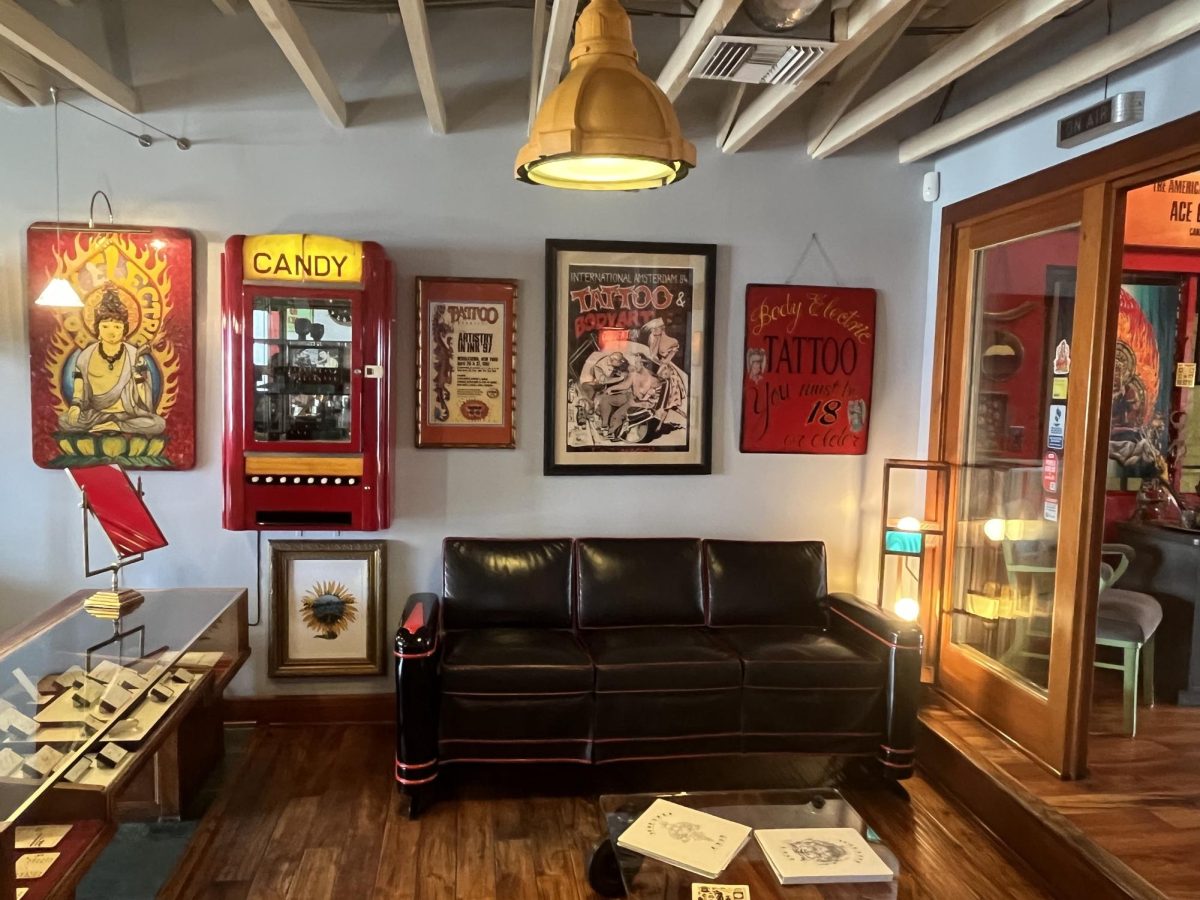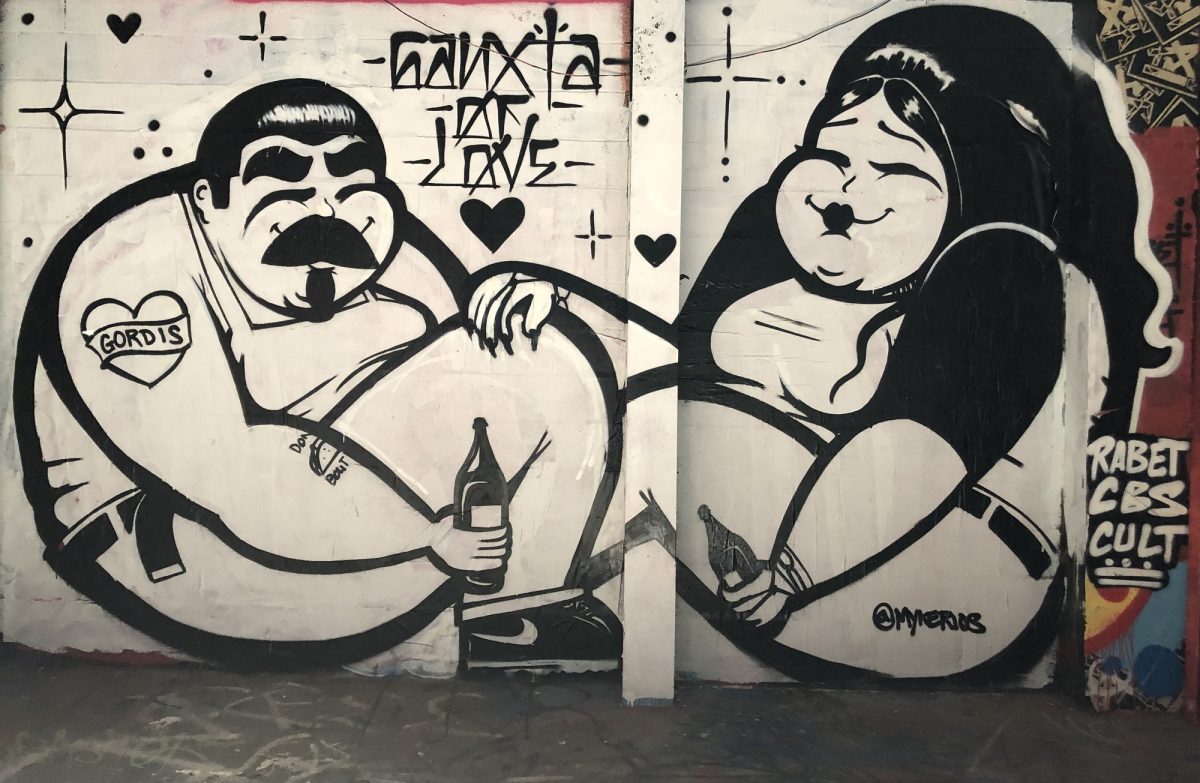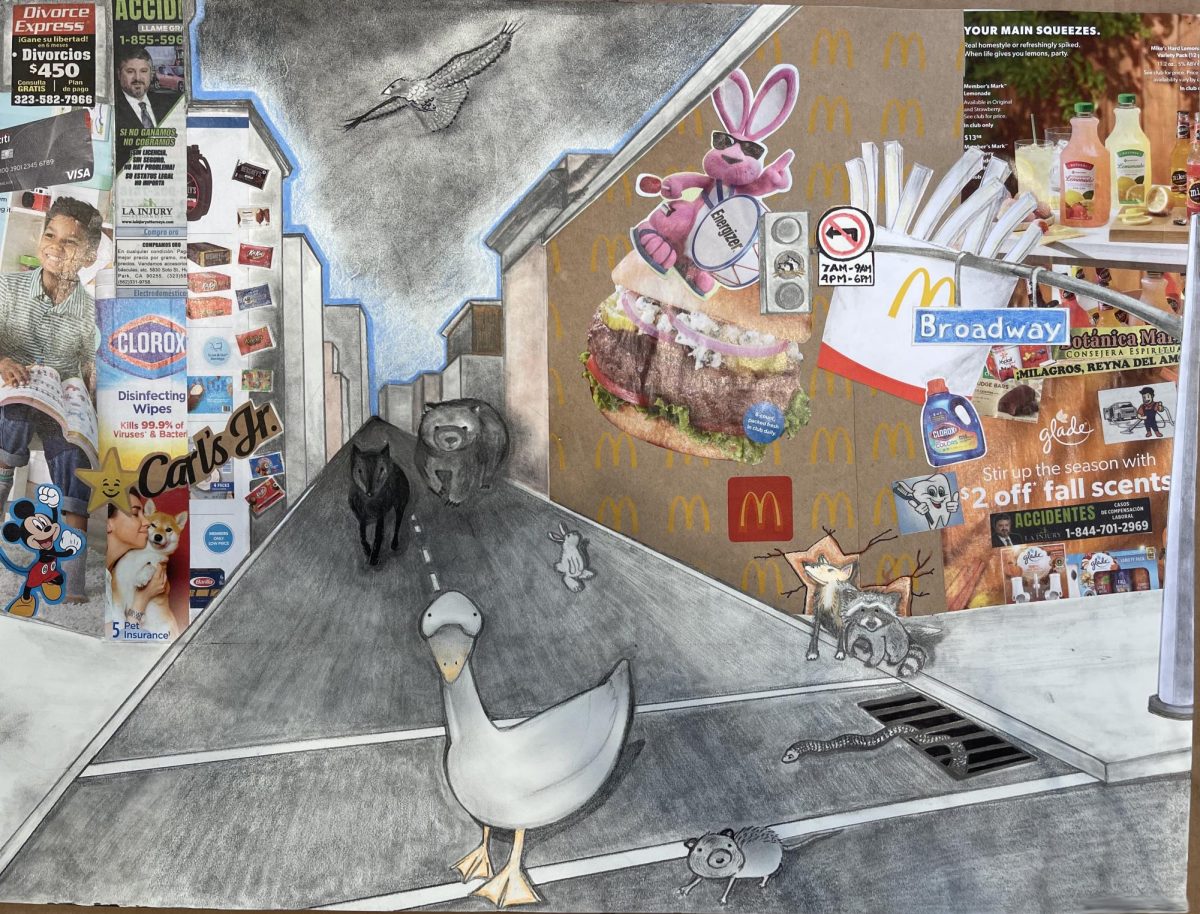At 14, I clutched the gold cross around my neck at LAX, promised my crying mother I’d be okay, and headed to the private East Coast boarding school where I received a scholarship.
For the 2,869 miles to Connecticut, I envisioned the Taylor Swift posters I’d hang in my dorm, the weekends I might spend in new friends’ Hamptons homes, and the Ivy League college I was surely bound for.
I’d done it.
As a first-generation Latina and lower-income student, I understood that my parents sacrificed everything they knew in Mexico to chase their child’s access to opportunities across the U.S. border.
Early into my lifelong plight to make their sacrifices worthwhile, I made them proud.
I was scouted as a “high-performing student” from Will Rogers Middle School in Lawndale, CA, invited to be interviewed by admissions officers in suits, and granted a full ride to one of the best high schools in the country.
My preteen ambitions were fulfilled and validated but never accounted for my identity beyond my hometown.
I never knew I was a minority, I didn’t think I was poor, and I never found it strange that my mother didn’t speak English.
Not until I was so jarringly different from everyone I was surrounded by. Not until Connecticut.
I dove into a foreign world of wearing slacks to class and reciting school songs. It wasn’t easy to stay afloat when everyone else seemed to have lifeboats of legacy, tutors, and commonality.
I drowned.
I’d always excelled in school before.
My preeminence led me to the 1800s brick buildings that have housed former presidents and children of industry leaders.
These circumstances were intimately linked to my self-perception and worth.
It was like visiting a wealthy friend’s house.
I was told the school was my new home, but I never felt like more than a visitor, deeply aware of my movements and that the things in the house did not belong to me.
For two years, I tiptoed around my instructors’ expectations.
The straight-A student, my parents, knew was calling home in tears during paralyzing panic attacks because I was failing classes and too tired to complete my sports and extracurricular commitments.
I was convinced everyone else was simply more intelligent and stronger than me.
I did not understand the familiarity that private middle and elementary schools, even preschools and nurseries, were equipped with.
They’d experienced academic rigor, and I had not. They’d quickly acclimated to living without their parents, and I had not. Their annual ski trips to Aspen made them no strangers to the snow.
I’d never felt the frigid air of the East Coast.
Recognizing that I’d been unprepared, I decided to return home.
At 16 years old, I labeled myself as wasted potential. Unmotivated by the stench of failure, I went through the motions at Lawndale High School.
Still believing I’d forfeited my spot in academia, paralyzing anxiety struck again and I failed Professor Sandra Uribe’s History 101 course during my first college semester.
Failure wasn’t unfamiliar, but something was different. While listening to her lectures, I began believing I deserved to seek the knowledge she spoke passionately about.
The next semester, I showed up to her class again. I had weekly conversations with her throughout her office hours. At the end of the semester, she asked me to become a Pass Mentor for the same course. For the first time in years, my biggest insecurity about my academic ability seemed to be dispelled right in front of me.
It’s been three years of trial and error at El Camino.
Now, I know how to search for answers and learn from mistakes. With newfound confidence, I connect with professors, take advantage of the library’s research and writing center, and, most importantly, set goals and map out a plan to accomplish them.
I’ll transfer to the University of California Berkeley in the fall.
I’m no longer intimidated by ambition because I trust my perseverance. I’ve taken it upon myself to overcome academic traumas and become someone I am proud of.
I continue to seek academic opportunities at El Camino, and I am now knowledgeable enough to build a raft of skills and talents to navigate them.


